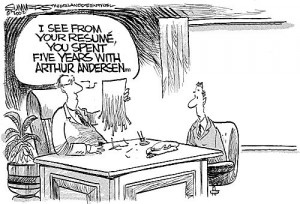As seen in the article, April Glavine, a young and passionate founder of Lean Machin Healthy Vending Service Inc., achieved her success in her vending machinge world.
A successful entrepreneur should always have a passion in one’s mind. One has to be courageous, and ambitious, and has to have strong belief and right idea of what he/she is doing. April Galvine didn’t “dream small,” and although she might have faced many difficulties after she founded the company, she managed to overcome the hindrances, and now she’s here as a 31-year-old successful CEO of a venture company!
Joel Primus, the founder of NaKed Co. and who gave us presentation in COMM101 class, had similar attitude as April Glavine towards his career and dream. Both of them had their own dream and didn’t hesitate to start their plans once they were set. This ambition and passion towards their dream, along with their creative ideas (innovation), made them successful in their career as business people.





